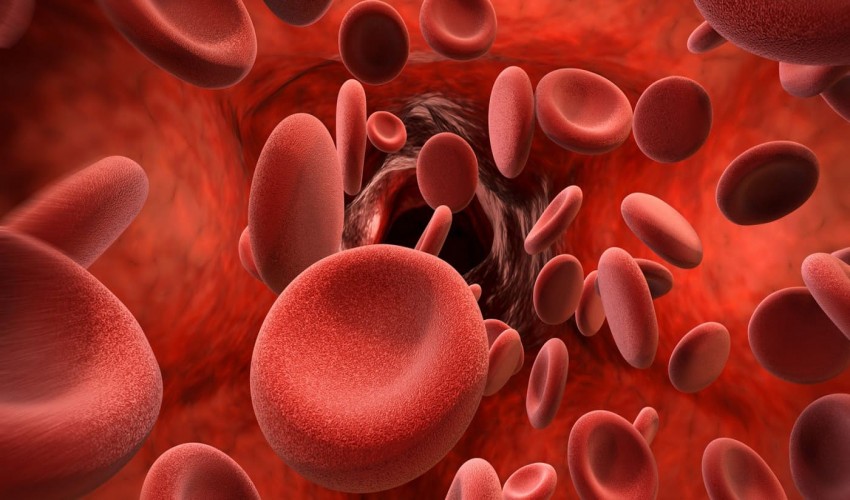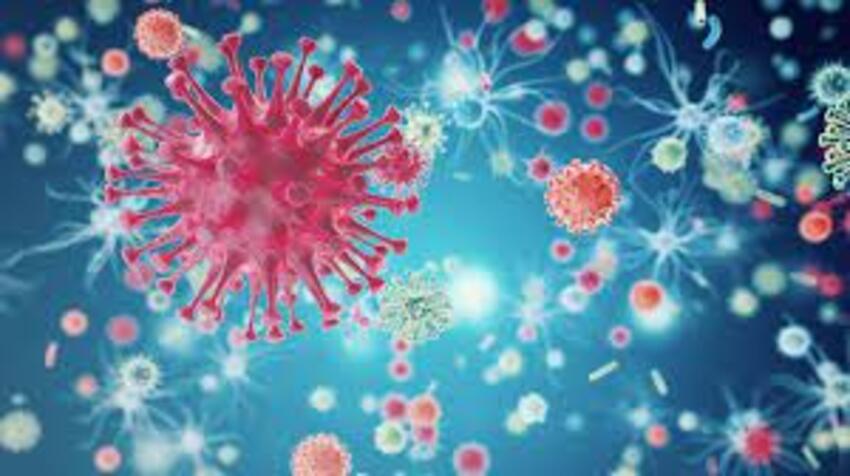
Haematology
Clinical Hematology is branch of clinical medicine which
deals with diagnosis and treatment of blood disorders and blood cancers. The
department provides tertiary care services for patients with hematological
disorders both benign and malignant.
The Department of Clinical Hematology looks after and treats
people with blood related disorders. These include blood cancers (Leukemia,
Lymphoma, multiple Myeloma), disorders associated with low hemoglobin (various
types of anemia), bleeding disorders (hemophilia and others), and other rare
diseases.
Hematology is the science or study of blood, blood-forming
organs and blood diseases.
In the medical field, hematology includes the treatment of
blood disorders and malignancies, including types of hemophilia, leukemia,
lymphoma and sickle-cell anemia. Hematology is a branch of internal medicine
that deals with the physiology, pathology, etiology, diagnosis, treatment,
prognosis and prevention of blood-related disorders.
Hematologists focus largely on lymphatic organs and bone
marrow and may diagnose blood count irregularities or platelet irregularities.
Hematologists treat organs that are fed by blood cells, including the lymph
nodes, spleen, thymus and lymphoid tissue.
- Hemoglobinopathy
- Hematological malignancies
- Anemia
- Coagulopathy
- Composition of Blood
- Plasma Proteins
- Edema
- Metabolic Process and RBC
- Glucose 6
- Anaemia and its types
- ESR
- Hemopoiesis
- Hemostasis
- Aspirin
- Anticlotting
- Anticoagulants
- Blood transfusion
- Hemolytic Disease
- Immunity
- Morphology and Hematopoiesis
- Bone Marrow
- RBC and its details
- Bleeding Disorder
- Hemostatic Mechanism
- Leukaemia
- Iron Metabolism and Deficiency
- Anaemia
- Abnormal Hemoglobin
- Cell Cycle
- Reactive lymphocytosis
- Chemotherapy
Recent Published
Submit Manuscript
To give your manuscript the best chance of publication, follow these policies and formatting guidelines.


